
Canada Express Entry is an easy way to move to Canada and get employment and PR there without having to spend too much money.
You might be having a lot of questions like:
- How does express entry work
- What is the Canada Express Entry Procedure
- Am I eligible?
- What are all the requirements and how can I become eligible even if I am not right now?
- I keep hearing terms like CRS scores, ECA agencies and high IELTS score requirements. What are these?
You’ll get answers to these questions today.
Table of Contents
-
1 What is Express Entry and How does it work?
-
2 What Makes one Eligible for Express Entry?
-
3 Educational Credential Assesment (ECA)
-
4 Comprehensive Ranking System (CRS)
-
5 Create an Express Entry Profile
-
6 Recieving Invitation to Apply (ITA)
-
7 Documents Required Before Applying
-
7.1) Police Clearance Certificate (PCC)
-
7.2) Medical tests
-
7.3) Proof of Work Experience
-
7.4) Proof of Funds
-
8) Submit your Application
-
9) PNP (Provincial Nomination Program)
Chapter 1
What is Express Entry and How does it work?
Canada express entry is a point-based immigration program for skilled professionals to immigrate to Canada within a few months and attain permanent residency. This is an attractive option for people from Asia and other countries who wish to move to this scenic country and settle there. However, one needs to be an eligible, skilled professional to make use of this opportunity.
Interestingly, there is a Canadian Provincial Nominee Program that allows the province to select candidates from the Express Entry Pool (list of eligible candidates) based on that particular province’s needs.
It has been estimated that annually over 100,000 people from around the world could obtain permanent residence in Canada through Express Entry. Quite an opportunity, right?
So the next question one might have is:
How long does Express Entry take?
Canada Express Entry would only take a few months (around 6-12 months) for eligible candidates to gain permanent residence in Canada. Just a few months! This is not an opportunity offered by any country in the world!
However, eligible candidates would need to compete against each other for the most qualified among them to be invited to apply for the Canadian Permanent Residency status.
This takes us to the next question:
Chapter 2
What makes one eligible for Canada Express Entry?
Canada Express Entry Eligibility Criteria:
Canada Express Entry has the following criteria. The corresponding points and their total sum would determine if one is eligible for Express Entry into Canada.
|
SELECTION FACTORS |
POINTS |
|
Language (IELTS) |
28 |
|
Education |
25 |
|
Work Experience |
15 |
|
Age |
12 |
|
Job Offer In Canada |
10 |
|
Adaptability |
10 |
What are the cut-off points required to be eligible for Canadian Express entry?
One needs to have a score of 67/100 to be eligible for Canada Express Entry.
Language (28 Points)
The Canadian government wants to ensure you are good at communicating and working with at least one of the two official languages: English and French.
Hence, the points would be awarded based on your ability to speak, write, listen and read one or both languages.
If you are able to understand and work with both English and French, you will be awarded 28 points. But if you are only able to work with one language, you would be awarded 24 points.
There are two systems to measure your English and French language levels.
One must get a minimum of CLB 7 or NCLC 7 for one official language. To earn points for the second language as well, one needs to score a minimum of CLB 5 and NCLC 5.
For example, 36 would be 11 points, 38 would be 9 points, and so on.
Education (25 Points)
The better your educational profile is, the more points you would earn. Multiple degrees could be useful, and if you have completed any part of your education in Canada, you would probably score very high.
Work Experience (15 Points):
Again, the more work experience you have, the more points you’d gain. If you have over 6 years of experience, you would probably be awarded the whole 15 points!
Is there a minimum experience requirement?
You need at least one year of continuous work experience to qualify for Canadian Express Entry. In other words, you must have worked continuously in a single position for over a year. The job should be paid, with at least 30 work hours a week.
The Canadian government is keen to ensure only skilled workers with good experience get the opportunity to apply for the Express Entry pool.
Skill Level Categorization:
National Occupational Classification (NOC) classified all existing jobs into three skill types/ categories:
Skill Type 0: Management jobs, from marketing managers to restaurant managers.
Skill Type A: Professional jobs that usually call for a university degree, such as doctors, dentists, architects, etc.
Skill Type B: Technical jobs one can get with a college diploma. Examples include chefs, plumbers, lab assistants, and electricians.
Skill Type C: Intermediate jobs requiring job-specific training such as truck drivers and waiters.
Skill Type D: Labor jobs that might require on-the-job training, such as cleaning staff and on-field workers.
One needs to be in Skill Level 0, A, or B to be eligible for Express Entry into Canada.
You can check your skill level at this link: https://www.canada.ca/en/immigration-refugees-citizenship/services/immigrate-canada/express-entry/eligibility/find-national-occupation-code.html.
IELTS (Minimum Language Requirements) :
To prove your English Proficiency, you would be required to take the IELTS, which is the preferred test for immigration to Canada.
An important thing to remember is that the application process could exceed 6 months, so make sure the IELTS scores remain valid in this duration.
If you are unfamiliar with the IELTS exam, check out our IELTS exam guide and IELTS practice test.
What are the minimum IELTS score requirements for Canadian Express Entry?
IELTS has sections on Listening, Reading, Writing and Speaking, and each is graded on a scale of 9. You need to score over 6 in each section to be eligible for the Canadian Express Entry.
But to have a real shot at clearing the Express Entry cut-off, you would need to achieve a higher IELTS score.
An IELTS band score such as the one given below would fetch you a CLB 9.
Listening 8 | Reading 7 | Speaking 7 | Writing 7
Age Requirements (12 points):
Arranged Employment in Canada (10 Points):
If you can obtain a paid full-time job offer for a year from a Canadian employer, you qualify for 10 points. But keep in mind that you need to get the job offer before applying for Canadian Express Entry.
The job should be
- Full-time and not seasonal
- At least 30 hours a week
- NOC classified skill type 0, A, or B
There are four possible scenarios, and you need to fit into one of these to get full points. Check them out here: https://www.canada.ca/en/immigration-refugees-citizenship/services/immigrate-canada/express-entry/eligibility/federal-skilled-workers/six-selection-factors-federal-skilled-workers.html
Adaptability (Maximum 10 points):
What does the adaptability factor take into consideration?
Here are all the ways you could score in the adaptability criteria:
-
- Your partner’s language level (5 points): If your partner has a language level of CLB 4 or higher in the Speaking, Listening, Reading, and Writing sections.
- Past studies in Canada (5 points): If you or your spouse have completed your two-year academic study in Canada.
- Past work in Canada (10 points): If you had completed one year of full-time work in Canada, you would be awarded 10 points.
- Spouse experience (5 points): If your partner had any similar full-time experience for over a year.
- Relatives (5 points): If your close blood relatives such as siblings, nieces, nephews, parents/grandparents live in Canada.
These factors will strengthen their confidence in your ability to settle in better and adapt quickly to the new environment and culture.
Check your Canada Express Entry Eligibility Here: Canada Express Entry Eligibility Checker
Chapter 3
Educational Credential Assessment:
Once you know that you are eligible for Canadian Express Entry, the next step would be to have your Indian university degrees validated and assessed by these Educational Credential Assessment agencies to ensure they are valid and equal to a Canadian one.
If you have completed your highest education in Canada, this step wouldn’t be necessary. But most people applying for Canadian Express Entry would probably have completed their education abroad, and hence, would have to go through this process.
This is simply a way to determine the Canadian equivalent of your Indian degrees. There are multiple ECA agencies from which you can get your degrees evaluated. They charge around $200-$250 per assessment, which takes 2-3 months to be completed.
Now some agencies could take more time to validate the transcripts, and hence, it is recommended that you discuss the details of cost and duration with them. Since this is a time-consuming process, try to initiate it as soon as possible.
ECA Agency List:
One must get their Educational Credential Assessment done by a professional body that is assigned designated by Immigration, Refugees and Citizenship Canada.
You must engage one of these designated organizations:
- Comparative Education Service – University of Toronto School of Continuing Studies
- International Credential Assessment Service of Canada
- World Education Services
- International Qualifications Assessment Service (IQAS)
International Credential Evaluation Service
There are some exceptions to this if you are in certain professions:
- Specialist Physicians might have to get their ECA from the Medical Council of Canada.
- Pharmacists who require a license to practice would have to get their ECA done by the Pharmacy Examining Board of Canada.
Important points to note: Educational Credential Assessment (ECA):
Note the required documents for ECA might vary based on the country you are applying from. Here’s a page that could tell you which documents would be required: https://applications.wes.org/required-documents
- One doesn’t have to get their bachelor’s degree evaluated if they have done their master’s in Engineering/Philosophy/Education.
- However, if the master’s degree is from India, you would have to send your bachelor’s transcripts as well.
- Research-based programs that don’t have transcripts can also be evaluated.
- Sometimes the ECA agency would try to verify the documents submitted with the specific institution/university and would only proceed once they get a response.
- WES only accepts documents sent to them in a sealed envelope by the institution/university.
- The documents need to be sent from the university post office/a post office with a similar PIN code. Some institutions might ask the students to courier it, but it would be wise to avoid such scenarios.
Steps to get ECA:
- Go to their official website and select the ECA application for IRCC.
- Fill the entire application carefully and include all the educational qualifications that you need WES to assess.
- Pay the fees. Tip: Pay just the $7 for the courier of physical copies instead of spending $85 or so for speed delivery. The hard copy is solely for your record. You only need the soft copy, which is included in the original fee.
- Obtain two documentations from your university – the original transcripts of your mark sheets and the attested copy of your degree. Each university follows a different procedure to provide these documents, so it is advisable to contact them for clarification on the process.
- After you have these documents, you or your university will need to courier them to WES in a sealed envelope (the address will be provided by WES when you complete step 3). Don’t forget to include the WES reference number at the top of the envelope.
Chapter 4
Comprehensive Ranking System (CRS):
As mentioned earlier, a worker’s skills and abilities are evaluated based on a point-based system called the Comprehensive Ranking System (CRS), which the Canadian government uses to rank all eligible candidates. One would be ranked out of 1200 points.
How is CRS different from eligibility points?
Eligibility check ensures the person fits the bare minimum requirements for the Canadian Express Entry pool. CRS, on the other hand, is used by the IRCC to rank all eligible candidates who have applied for Express Entry. Moreover, the cut-off for CRS is higher than for the eligibility criteria.
Therefore, once you clear the eligibility cut-off, focus on getting the highest possible CRS, as this will determine your ranking in the Express Entry pool.
More about CRS
- Every few weeks, there is an Express Entry pool draw, where the IRCC selects the top 3000-4000 applicants based on their CRS and invites them to apply for permanent residency.
- CRS cut-offs used to be around 420-440 but have risen to 465-475 in 2020. This might continue to rise as more and more talented and skilled people compete to immigrate to Canada.
- If your CRS is lower than the cut-off, there are provincial nomination programs that target people with specific skills and those from particular professions to apply for permanent residency.
How to improve a low CRS score:
Have a low CRS score? There are a few factors we can control and a few tricks that could possibly improve your CRS. However, there is a limit to these factors. Let’s take a closer look into these:
- Age: As mentioned before, the IRCC is looking for young, talented people to build the economy. Age is a factor we cannot control, so there’s not much we can do here to improve your score.
- Education: Unless you are open to pursuing a degree in Canada, the points your education can fetch you are also fixed and cannot be increased. If you really want to immigrate to Canada and lack the cut-off points, it is recommended that you complete a degree at a Canadian university, which can fetch several extra points.
- IELTS Language: As mentioned before, a CLB 9 (8,7,7,7) is the minimum language proficiency requirement for a good CRS score. But there is always scope for improvement here if you score higher in some or all the sections of the IELTS (Reading, Writing, Speaking and Listening sections).
- Work Experience: If you have work experience under 3 years, you have some further scope for improvement. However, you can only increase your points up till those 3 years of work experience, after which the potential for increase is maxed out.
If you are married and have a partner, there is another opportunity for a higher CRS score. If your spouse has a university degree and is proficient in the English language, their high IELTS test score could potentially increase your CRS score.
Chapter 5
CREATE AN EXPRESS ENTRY PROFILE:
Creating an Express Entry profile is as simple as logging in to this website and entering your details in the given form.
It is recommended that you create a profile irrespective of your CRS score since one can update the profile any time before receiving the invitation to apply for PR.
Here are some points to remember:
- You need to mention which province or territory you prefer to live in.
- Make sure you have your IELTS score before you create a profile.
- If you have other language results (second language: French), you could use those while creating your profile.
- Remember to fill your work experience under the “Foreign Work Experience section.” This follows the “Canadian Work Experience” section, which refers to the experience one has gained in Canada.
- “How much funds do you plan on taking to Canada?” is a question you will face in the profile creation process. The answer depends on the number of people you plan to take with you. Fill a number based on this table provided on the Proof of Funds page.
- Remember to fill your form reflecting the details in your passport. Make sure there are no differences in the details entered. Note: If you do not have a last name, fill in your full name in the last name section.
Canadian Express Entry Profile Forms:
These are all the required forms to be filled:
-
- Personal Detail Form: Fill in the details as given in your passport.
- Contact Details form
-
- Study and Languages: You would need your ECA report and ECA certification number to fill this form. If you have more than one degree, you would have to fill an additional form.
- Application Details: One important point to note here is that you need to select the “All provinces and territories” option, else other provinces would close their doors to you. Moreover, if you have a nomination certificate from any province, you would get an extra 600 points.
- Representative: This is only applicable for people who have appointed an agent to create their profile for them.
- Work History Form
Finally, you would be asked to sign a declaration where you agree that all the information entered is true. If any of the details are falsified, you could be banned from applying for Express Entry for over 5 years.
This is the complete process for creating a Canadian Express Entry profile.
Chapter 6
RECEIVING INVITATION TO APPLY (ITA):
Once you have created this profile, you would have to wait for the Canadian Express Entry pool draw, which usually occurs every two weeks. You will receive an e-mail at the provided email address.
You would have to log in to the official website and check your status in the messages section:
IMPORTANT NOTE: If you noticed, you are not required to submit proof of age or any other evidence for the details you have entered. Hence, if you are selected and invited to apply for Canadian PR but are unable to produce the documents as per the details entered, there could be serious consequences, such as being barred from applying to Canada for 5 years or more.
For recent and up-to-date news about Canada Express Entry, check here.
One step closer
Right from University Shortlisting, SOP, LOR, Application Reviews till Visa Counselling. Galvanize has your back.
Find our howChapter 7
DOCUMENTS REQUIRED:
So far, we have discussed:
- Eligibility factors
- IELTS Test
- ECA agencies and steps
- CRS point system
- Creating an Express Entry profile
- Receiving ITA
Once you have received your Invitation to Apply (ITA), you would be given 60 days to collect all the essential documents required to advance forward in the application and clearance process.
Here is the list of documents you need for Canadian Express Entry:
- Police Clearance Certificate
- Medical Tests
- Proof of Work Experience
- Proof of Funds
Police Clearance Certificate (PCC):
The Police Clearance Certificate is a document that ensures the Canadian government that the applicant has no prior criminal records. In a case where you do have a criminal record, it would help the Canadian government decide if it’s a serious enough offense to deny VISA or entry into Canada.
Here is a list of crimes that would prevent you from entering Canada:
- espionage
- subversion
- violence or terrorism
- membership in an organization involved in any of these
- war crimes
- crimes against humanity
- driving under the influence of alcohol or drugs
- organized crime, such as money laundering or smuggling
Having an inadmissible family member is also a reason for making you inadmissible.
The process of getting this police clearance certificate could take a couple of weeks in India, assuming there are no such criminal records.
NOTE: If you had lived or worked in another country for over 6 months, you would have to get a police clearance certificate from that region as well for this process to be complete. Since it could take a long time depending on the location, it is recommended that you start with this document.
NOTE: If you had committed any inadmissible offenses under the age of 18, you could be allowed to enter Canada.
The procedure of collecting or receiving the police clearance certificate may vary based on the country from which you are immigrating. Some countries would require you to get a PCC from every province or territory at which you have stayed. You can check the procedure here.
TIP: You could get the PCC before your ITA as well, but be careful. The PCC expires within 6 months, so getting it too early would make it a repetitive task.
Do not try to hide your criminal records, as the Canadian government has access to the criminal database in your country, and they will verify your statement. Hiding criminal records is an easy way to get banned from applying to Canada.
Here is a sample PCC:
MEDICAL TESTS:
Canada requires the invited applicants to take a complete medical test at exclusively selected medical centers. There are a few selected by the IRCC in every city, and the test would include everything from general physical examination, eye test, urine test, blood pressure, height, weight, blood test, and chest X-ray.
The test reports will be sent directly to the IRCC. You will not receive them.
There are three possibilities for inadmissibility in this case:
- Danger to Public Health (Communicable diseases)
- If you have any severe infectious disease or have been close to people with such conditions, you could potentially affect Canada’s Public Health.
- Danger to Public Safety (Having any mental health disorders)
- If one seems to exhibit unpredictable or violent behavior or any sudden loss in physical or mental ability, they would be considered a danger to public safety.
- Excessive demand for public health services: If you have a serious disease or medical condition that requires weekly check-ups.
NOTE: The excessive demand for public health services has an exception for certain people:
- Protected persons
- People sponsored by their families like spouses, dependant children, and common-law partners
- Refugees and their dependents
Procedural Fairness Letter:
If the IRCC believes you are medically inadmissible, then a Procedural Fairness Letter would be sent to you directly. This provides you a chance to respond with further information on your illness and possible improvements or details that could change the decision.
Professional representation is allowed to reply to this procedural fairness letter.
A person is supposed to respond to this letter within 90 days, and if they are unable to, they should request an extension.
One could develop a Mitigation Plan as well, if applicable to your particular condition. Details can be found here.
Steps for Medical Test for Canadian Express Entry:
- Book an appointment with a medical center selected by the IRCC.
- Take all the required medical documents and reports of your previous medical conditions.
- Pay the requested fee.
You will be given a medical information sheet to be uploaded with the PR application. Once again, note that the medical report would be sent directly to the IRCC. You cannot view it.
Also, remember that the medical tests are only valid for one year, which means you would have to land in Canada within one year of taking the test.
This is how a medical information sheet would look:
PROOF OF WORK EXPERIENCE :
There are certain official documents one needs to submit to prove their work experience from a particular employer.
You need to submit a reference letter with the following information:
- The reference letter has to be printed on the official company letterhead.
- Company’s information: Address, Email ID, and Contact Number should be included.
- The applicant’s name should be included.
- The name, title, and signature of the immediate supervisor should be provided.
- All the job positions held by the applicant at the company, including the responsibilities, duties, job status, dates, number of working hours per week, annual salary, and benefits, should be included.
If one claims to be self-employed, the following details should be provided:
- Evidence of business ownership
- Evidence of self-employment income
- Evidence/Declaration of third parties (customers) indicating the service provided, along with payment details
Without these, you would not be accepted as a self-employed person.
Failing to obtain a proper detailed reference letter is one of the main reasons for many VISAs getting rejected, so make sure you include all the required details. Also, note that you can complete this step even before receiving the ITA (Invitation to Apply).
FAILURE TO GET A REFERENCE LETTER:
There could be scenarios where one might be unable to receive a reference letter from their company due to various reasons.
In such a case, there are alternatives, but there is no guarantee that they will be accepted.
- Reason for not getting a reference certificate: It is better to get a written explanation from your previous employer mentioning why they denied the letter.
- Mails: If there is no communication between you and your employer, send a mail and a series of follow-ups, which you can attach as evidence to prove your attempts to obtain the letter.
- All proof of work:
- Offer letter, promotion letter, and resignation letter
- Income tax slips and past 12-months paycheck
- Any other official document
Here is a sample reference letter for obtaining Canadian Express Entry:
PROOF OF FUNDS FOR CANADIAN EXPRESS ENTRY:
Proof of Funds is a set of documents proving you have enough funds in your bank account to sustain yourself.
What is the purpose of Proof of Funds?
You would probably spend the first few weeks to months in Canada searching for a job. Hence, you would require backup funds to sustain yourself until you find a good job, home, and a stable environment in Canada.
You do not need Proof of Funds if you have a valid job offer and are authorized to work in Canada. Keep your funds updated in your profile because failing to update could invite various problems.
Things to avoid in obtaining Proof of Funds:
- Getting a loan from the bank to show as Proof of Funds
- Borrowing money from people to show as Proof of Funds
- Obtaining money through any means for the sake of roof of Funds
How much funds are required for immigration into Canada?
The amount of money required to be shown in Proof of Funds is determined based on the size of your family.
Important note: These numbers are determined based on 50% of the low-income cut-off totals. Make sure to check the updated numbers here at the time of your application: Funds Required for Canada. Try to bring as much money as you can for a smooth settlement process.
If you are bringing more than $10,000 CAD, remember to inform the border officer, else you could be fined and the money seized. This includes not only cash but also any cheques, stocks and bonds, money orders, or treasury bills.
The size of the family is calculated based on the following:
- Yourself, your partner, your children, and your spouse’s dependent children
- Include your partner or the dependent children, even if they aren’t coming to Canada, or if they are already permanent residents of Canada
Note: One needs to prove they have legal access to the funds both while applying and when receiving permanent residence. Ensure you carry at least 50-100 CAD extra in case of fluctuations in exchange rates.
In what ways can we show Proof of Funds?
One could show Proof of Funds in two ways:
- Cash in savings accounts
- Fixed deposit
Preferably, the primary applicant’s account should hold the money. However, if your spouse has the money, you might require a letter stating you have free access to the funds in that account.
In case you are using your savings account for Proof of Funds, here is a sample:
In case you are using your fixed deposit, you may use this as a template:
What should the bank letter include?
The bank letter should:
- Be printed on the bank letterhead with their contact information.
- Include your name, your existing debts and credit card details, as well as any loans you might have taken.
The letter must include the following for both savings and investment accounts:
- Account number
- Balance
- Date of opening the account
- Average balance for 6 months
What is a gift deed and what is the need for it?
The funds should be over 6 months old; else, if the funds have been transferred to you recently and you are free to use them without any liabilities or a need to return them, you would be required to get a gift deed.
The fact is, most people applying for Canadian Express Entry might not have this kind of money in their savings account and might have to obtain it from their parents or family members. Hence, the purpose of this letter is to ensure the applicant does not need to pay the money back.

Note: Proof of Funds is one of the leading reasons for the rejection of Canadian VISAs, so put in extra effort to have these documents ready in time.
What if the bank refuses to provide these in the format you request?
There were some incidences where the bank refused to give the applicants the Proof of Funds in the way they required. When this happens, the best thing to do is to shift to a private bank. Remember, this is one of the most critical steps in the application process. If there are any issues with these documents, you would be denied VISA.
So, talk to the manager and try to urge them to comply if any problems arise. In the worst-case scenario, the most straightforward option might be to change banks.
Chapter 8
8) SUBMITTING APPLICATION:
Once you fill out your application, which would be guided closely by the IRCC, you would have to upload all the documents in the respective sections: Personal Details, Travel History, Work History, Education History, and so on.
Important Points:
- One would have to fill the application separately for each individual applicant (Spouse, dependent children, etc.)
- Create a single PDF of all the individual documents required for each section. You may utilize a document merging software for this purpose.
Letter of Explanation :
Under the Client Information section, you are allowed to upload a letter of explanation to elaborate on specific details in your application that lack clarity or require explanation. For instance, if you could not obtain every document in the exact format requested, you can explain the situation here, if necessary.
Here is a sample Letter of Explanation:
Once all the necessary documents are uploaded, the next step would be to pay your Permanent Residency Fee:
Canadian Permanent Residency Fee:
If you have a dependent child, add $225 to this total.
The payment has to be made with a VISA/Mastercard with international transactions enabled.
Once all the payments are completed, you would receive an Acknowledgement Receipt (AOR) within 2-3 days.
Timeline After Application:
- Medical Exam Passed (MEP): 15-45 days
- Request for Biometric: 2-15 days after MEP
- Biometric Appointment at VFS Office
- Once the request for Biometric has been made, book an appointment with the nearest VFS office. Remember to ask them about the required documents for the procedure specifically. Usually, a passport and a request letter would be needed.
- Status update about Biometric number and validity
- Wait for PR
- Submit Passport for Stamping
- Collect Passport and Confirmation of PR (COPR)
Generally, PR would be processed within 6 months, but sometimes it might take longer for some cases. Try to keep calm during this waiting period. Sometimes you could even get approved within 1-3 months. So be prepared for all possibilities.
Chapter 8
8) PROVINCIAL NOMINATION PROGRAM (PNP)
Quite a few of us are aware that the fastest way to move to Canada is through Express Entry. It provides the pathway for an application to immigrate to Canada and acquire Canadian Permanent Residence. This is the more general path for someone looking to move to Canada.
However, there lies an alternative pathway in PNPs. PNPs are ‘Provincial Nominee Programmes’ for those applicants who wish to immigrate to a particular province or territory in Canada. Keep in mind that most PNPs require you to create an Express Entry Profile regardless. The Express Entry Profile is free of cost, so visualise this as a step, not a hurdle.
The natural question that arises is –
Why should I consider PNPs when I have the Express Entry?
It’s a valid question. PNPs, as mentioned earlier, are for those looking to immigrate to a particular province. They exist to fulfil the market needs of provinces. For example, if Alberta is short of architects, they will peruse the Express Entry Applicant Pool, select the most qualified architects from the same, and award them a 600 CRS Score. This benefits Alberta, and the skilled applicants who were stuck with low CRS (Comprehensive Ranking System) Scores. The latter now have an entry into Canada! PNPs are one of the fastest ways to acquire Canadian Permanent Residence.
However, because of the unique economic and demographic needs of every province and unique immigration goals of every applicant, the eligibility criteria and application processes vary, according to the respective PNP streams. Upon successful application, a selected PNP Applicant will be nominated to the federal government for Permanent Residence. So do keep in mind that the PNP streams are the first step out of two towards Permanent Residence.
There are 80 PNPs which account for 13 Canadian Provinces and Territories. We recommend that every reader looking to apply for immigration through PNPs, opt for the Express Entry pathway, where your PNP applicant is linked to your Express Entry Profile. Let us move on and find out if you are eligible to apply for a PNP.
Am I eligible to apply for a PNP?
Primarily, you need to qualify for the Express Entry Pathway. Refer to this link for more. Secondly, you will need to ensure that you meet the specific needs of the province that you apply to. You need to have relevant work experience, education and the skills you will need to support yourself and the country. You will also need to have a genuine interest to settle in the particular province that you have chosen.
Head on to the official website of the Government of Canada to enquire about the various eligibility criteria of every province, and their respective PNP.
How do I apply for a PNP?
- Select the PNP that you wish to apply for: click on the previous link that we have provided and scroll through the various PNP streams of the list of provinces and territories. Check the eligibility criteria to ensure that you meet the requirements of the particular province.
- Apply to the PNP you have chosen: Apply directly to the respective PNP you have selected and await confirmation.
- Provincial Nomination certificate: If the province or territory has approved and selected your application successfully, they will nominate you to apply for the Canadian Permanent Residence
- Submit your application for Canadian Permanent Residence: Apply to the Canadian federal government for Permanent Residence. Once again, we recommend that you apply for the PNP that is aligned with Express Entry. This will allow you to apply for the Canadian Permanent Residence online. If not, you will have to apply through a paper-based route.
PNPs can be a very useful way to obtain Permanent Residence and work in Canada for those with low CRS Scores or those who do not succeed at applying through the Federal Worker route.
Definitely check out the link above for information about various PNPs and application portals from the Government of Canada.


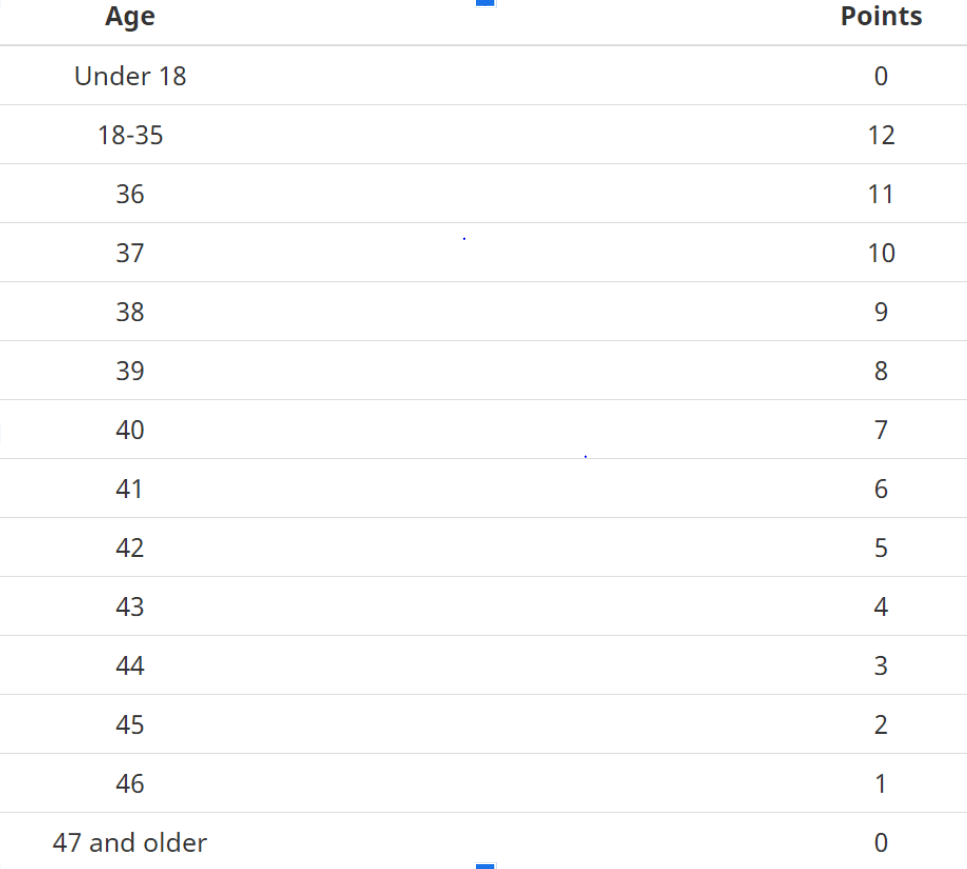
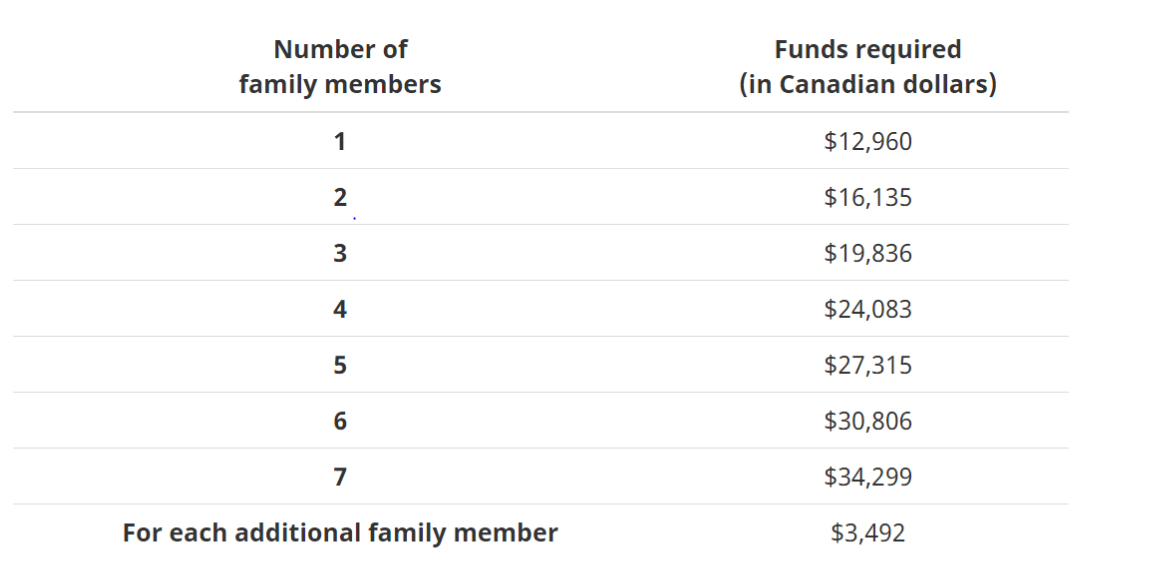
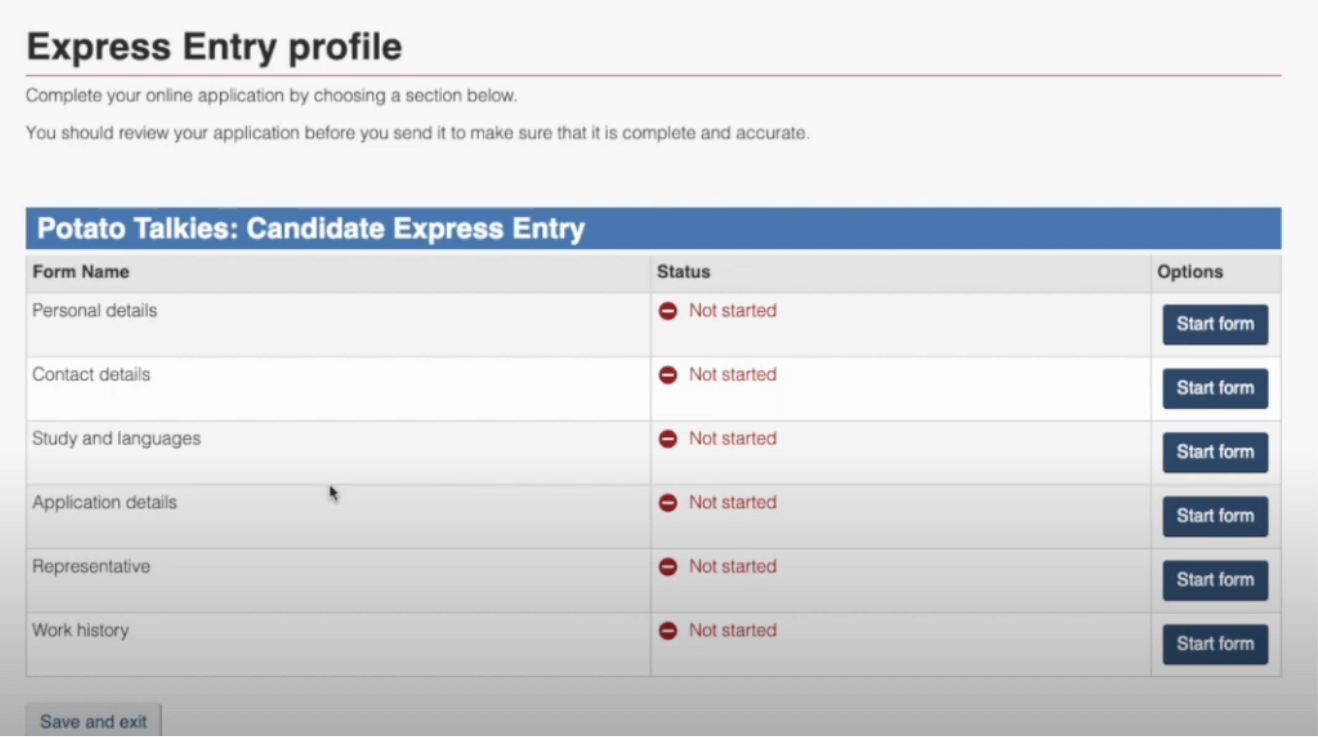
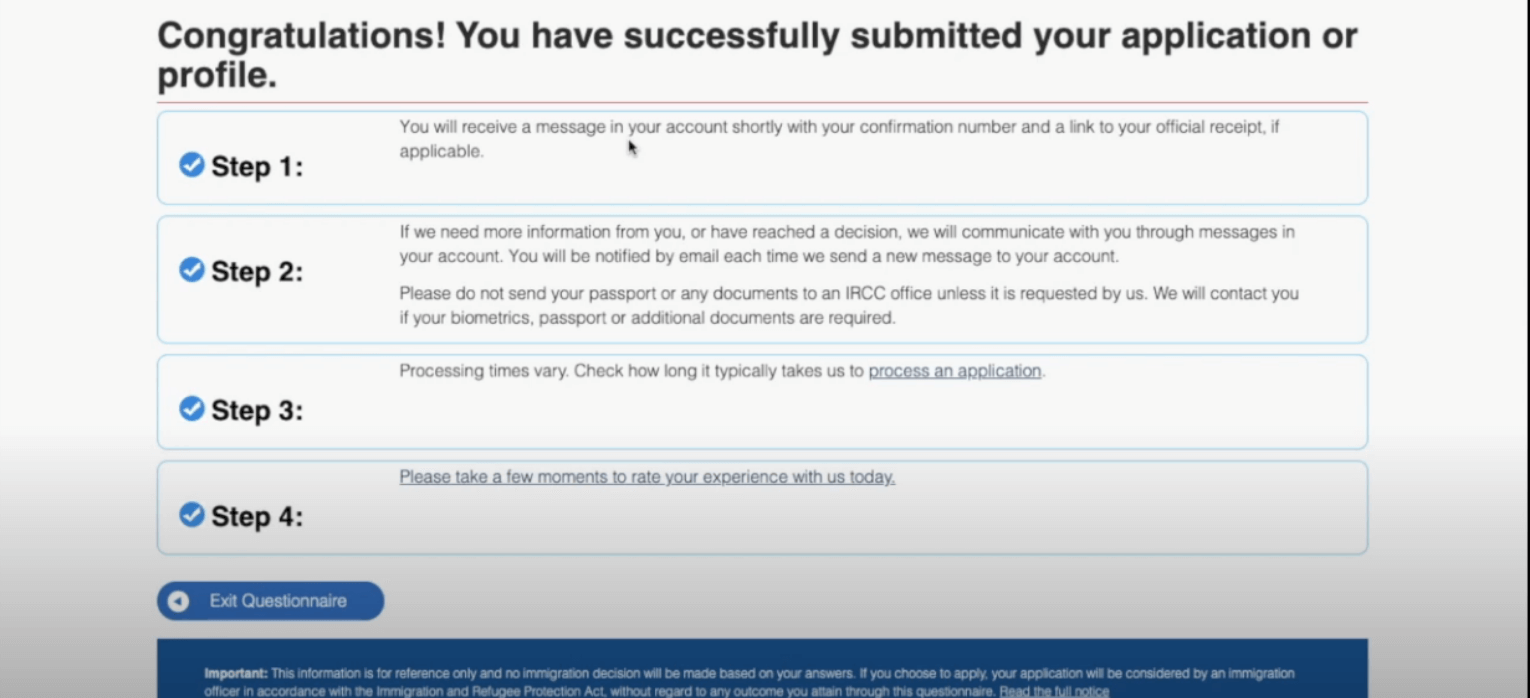


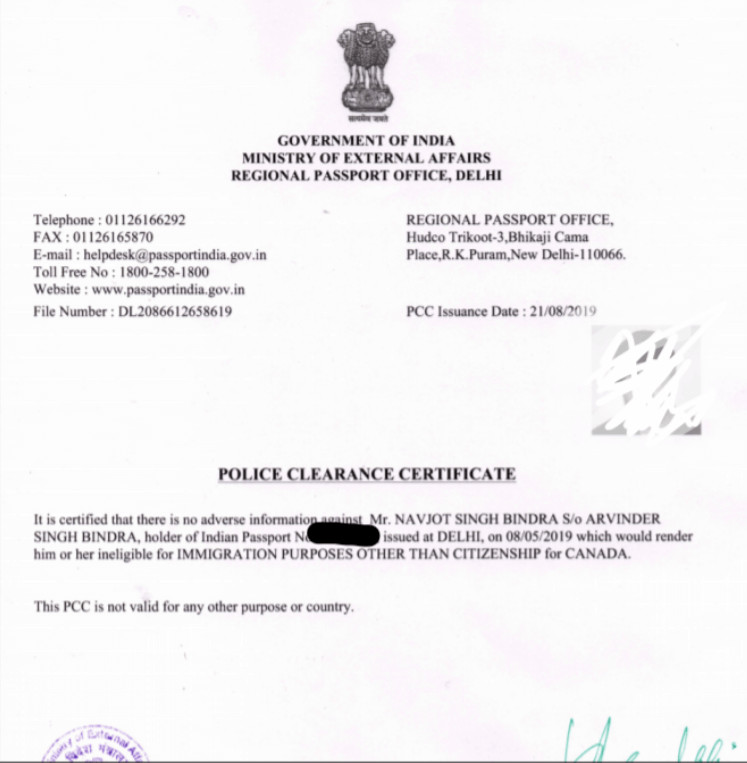
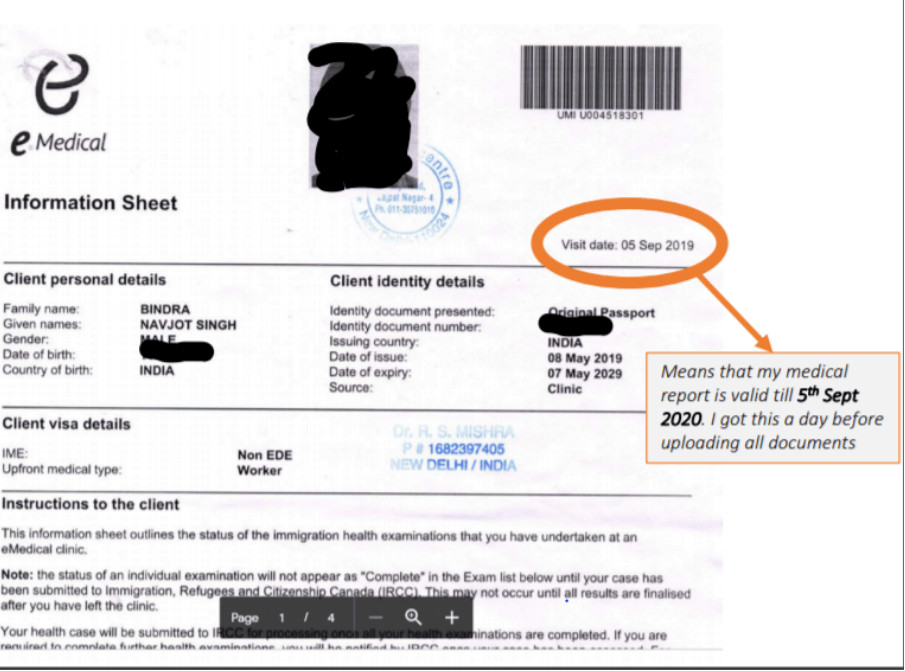

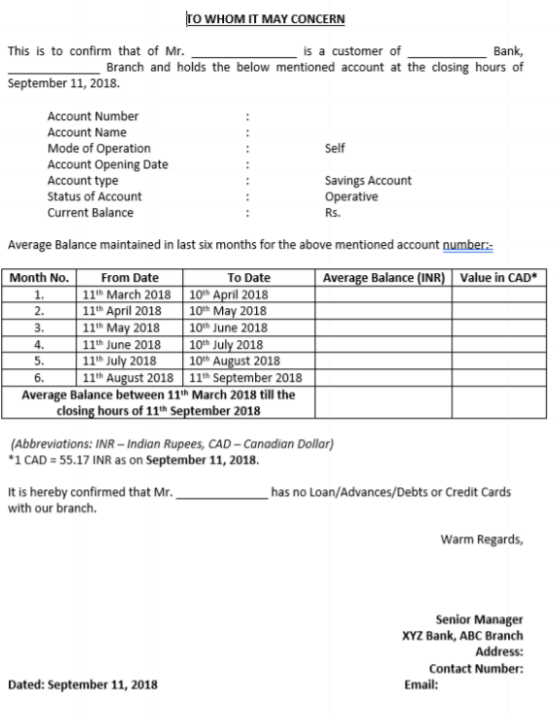
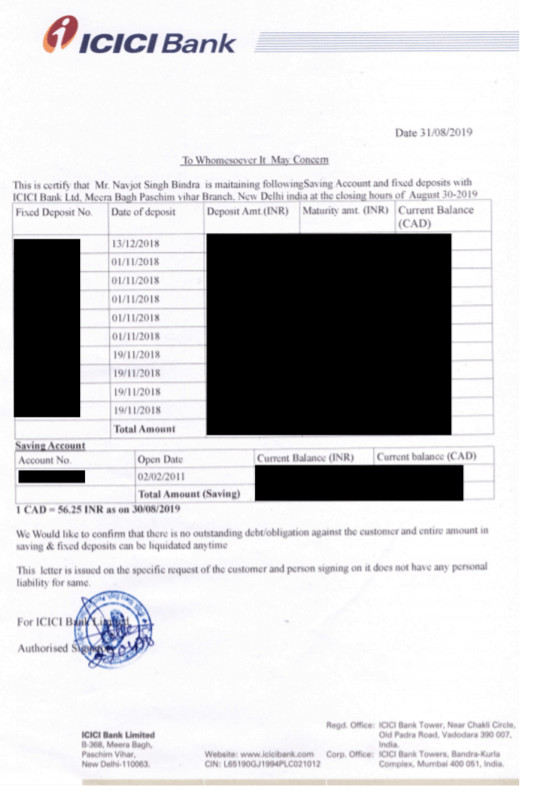
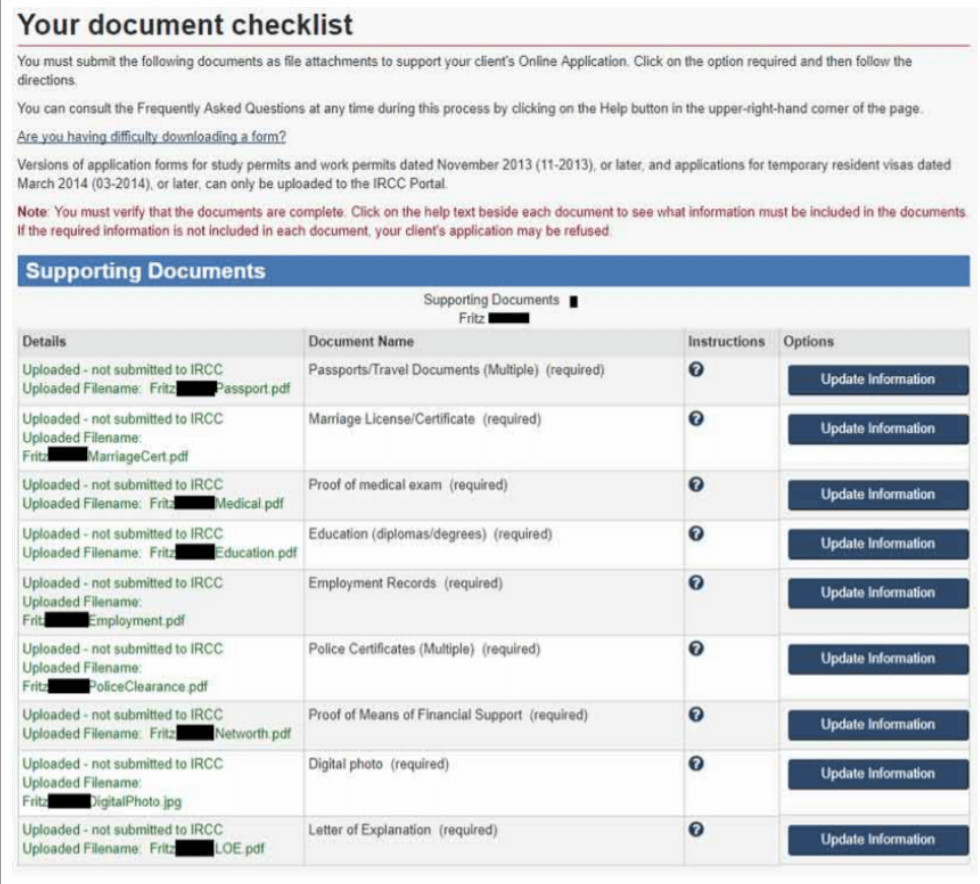
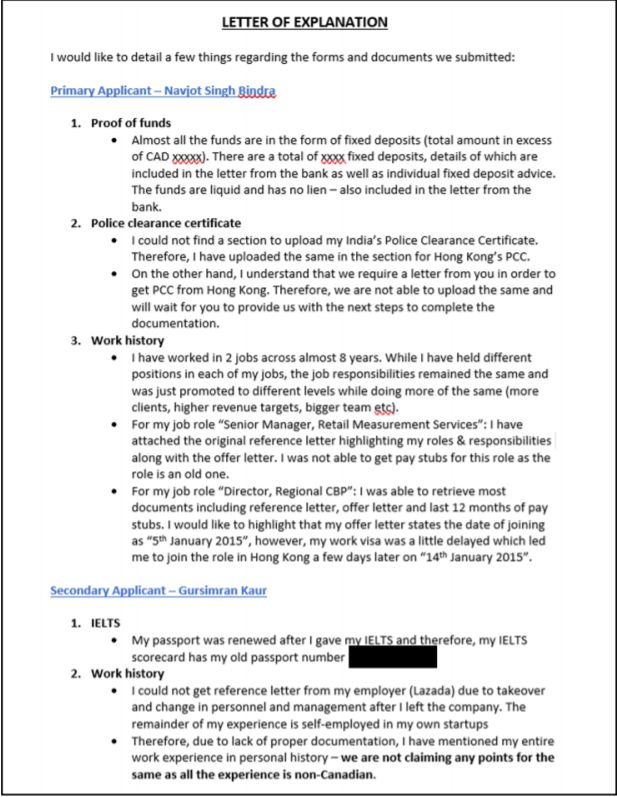











I am very happy to have read this article. You describe every step. Keep posting such articles. Thank you…..